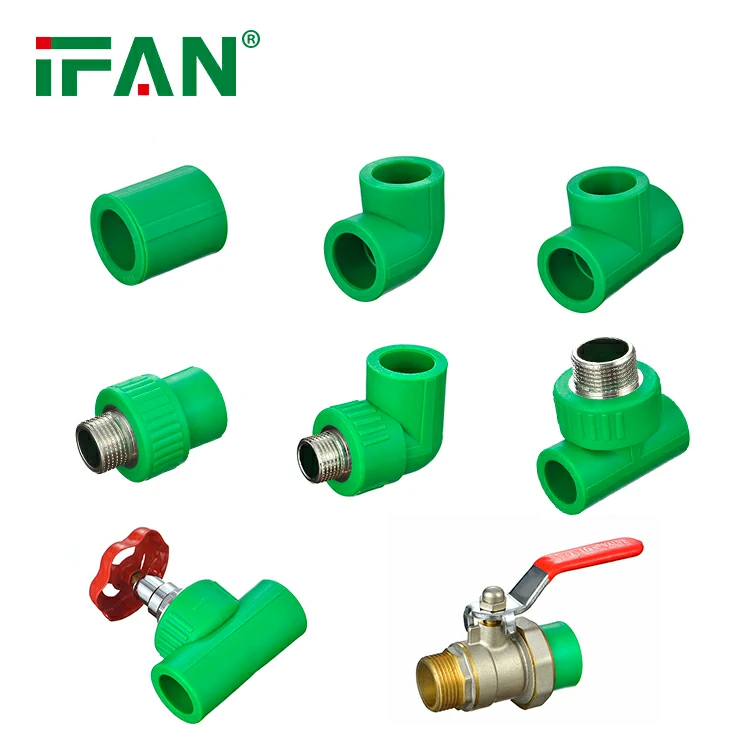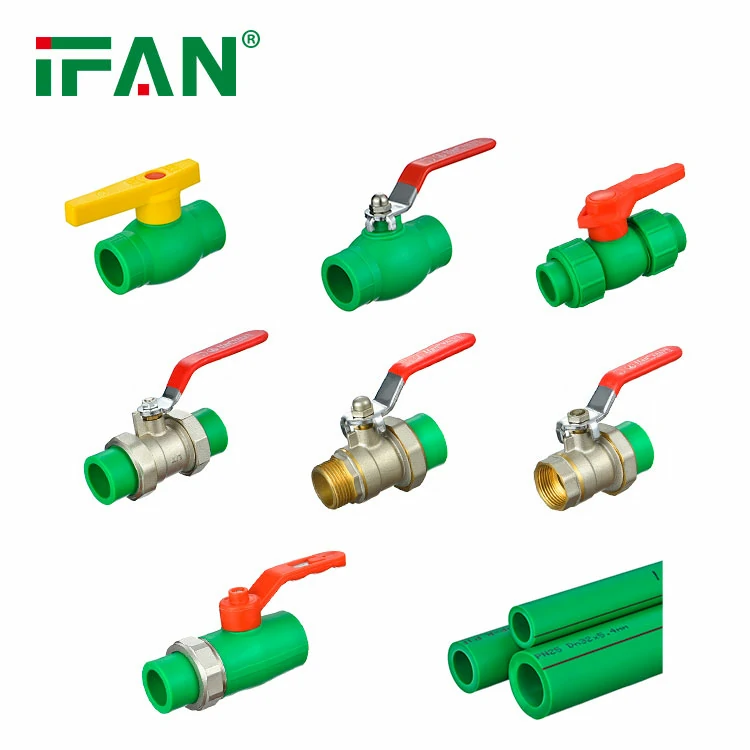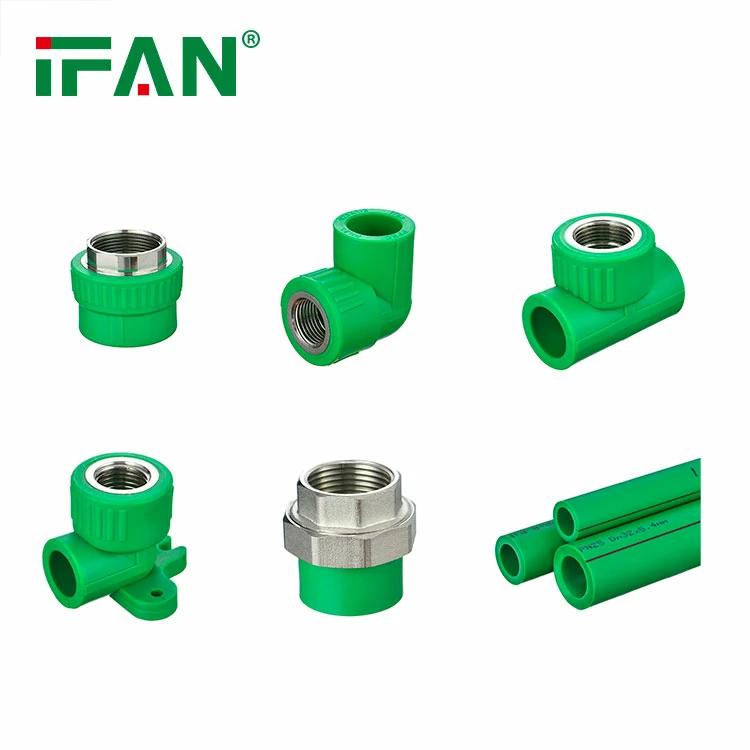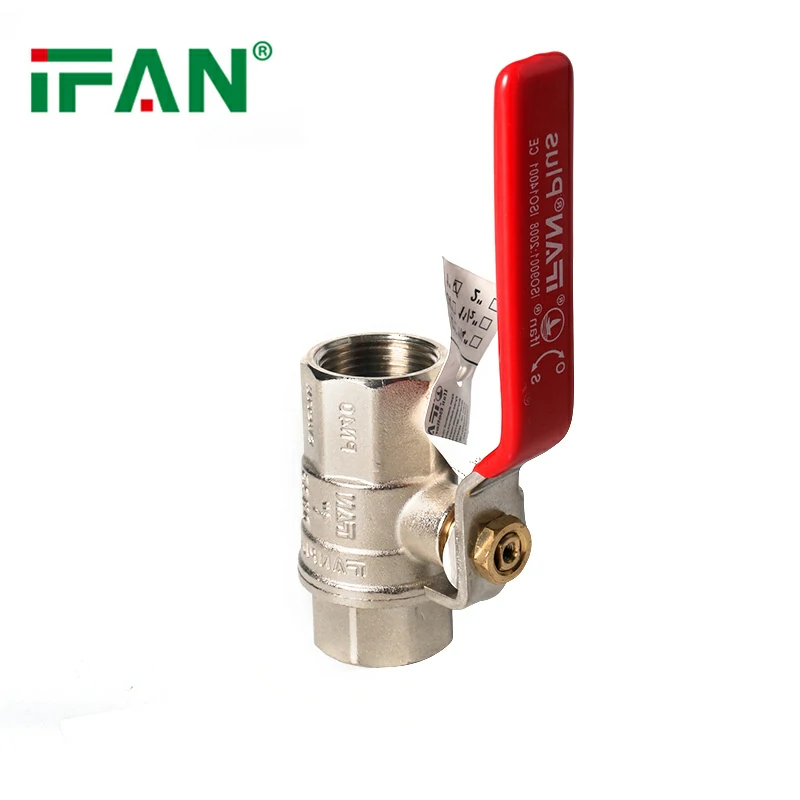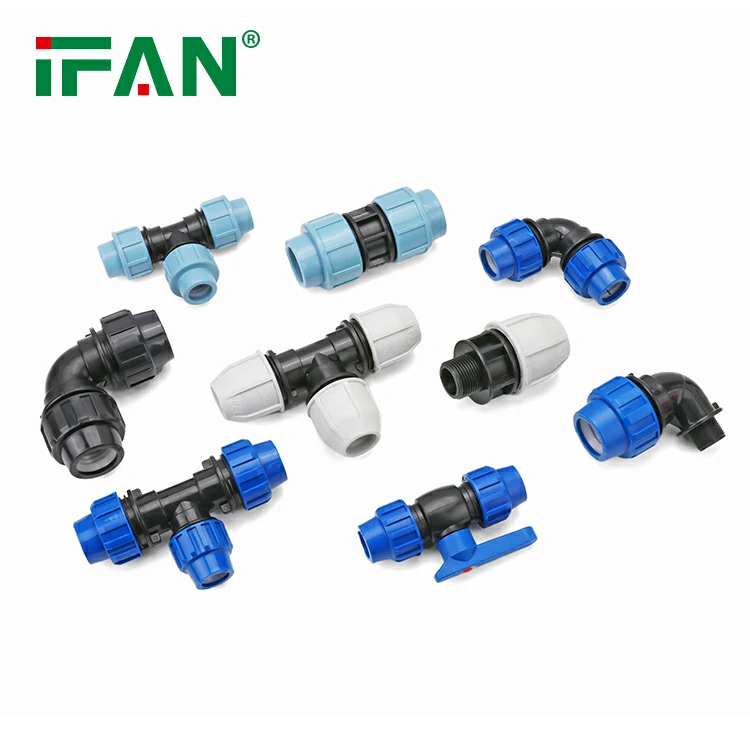Brass valves are a type of valve used for controlling the flow of fluids, gases, and other materials in a range of industrial and commercial applications. Made from a combination of copper and zinc, brass valves offer a number of advantages over other materials, including a high level of durability, corrosion resistance, and ease of use. From plumbing and HVAC systems to water treatment plants and chemical processing plants, brass valves are used in a wide range of industries, making them an essential component in many different types of machinery and equipment.
Here are some of the most common uses of brass valves:

- Plumbing
One of the most common applications for brass valves is in plumbing systems. Brass valves are used to control the flow of water in faucets, showers, and other fixtures, as well as in main water supply lines and shutoff valves. Brass valves are preferred in plumbing systems because of their durability, resistance to corrosion, and ease of installation. In addition, brass valves are able to withstand the high pressure of water systems without cracking or leaking.
- HVAC systems
In heating, ventilation, and air conditioning (HVAC) systems, brass valves are used to control the flow of refrigerant and other fluids. Brass valves are ideal for use in HVAC systems because they are resistant to high temperatures and pressure, making them reliable and long-lasting. They are also able to withstand exposure to chemicals, making them suitable for use in systems that use refrigerants like freon.
- Oil & gas industry
Brass valves are also commonly used in the oil and gas industry. They are used to control the flow of oil and gas in pipelines and in oil rigs. Brass valves can withstand the harsh conditions of the oil and gas industry, including extreme temperatures and pressure, as well as exposure to different types of chemicals. This makes them ideal for use in processing plants, refineries, and other facilities that are involved in the production and distribution of oil and gas.
- Water treatment plants
Water treatment plants use brass valves to control the flow of water and other fluids. These valves are used in different stages of the water treatment process, including pre-treatment, primary treatment, and secondary treatment. Brass valves are corrosion-resistant, making them ideal for use in water treatment plants where the presence of chemicals and other corrosive substances is common.

- Chemical processing plants
In chemical processing plants, brass valves are used to control the flow of chemicals and other fluids. These valves are ideal for use in chemical processing plants because they are able to withstand exposure to corrosive substances and high temperatures. Additionally, the durability of brass valves means that they can be used for a long time without needing to be replaced, which reduces maintenance costs.
- Agriculture
Brass valves are also used in agriculture, particularly in irrigation systems. These valves are ideal for use in irrigation systems because they can withstand exposure to chemicals, fertilizers, and other substances used in agricultural applications. The durability of brass valves makes them ideal for use in harsh environments, such as farming areas where extreme temperatures and weather conditions are common.
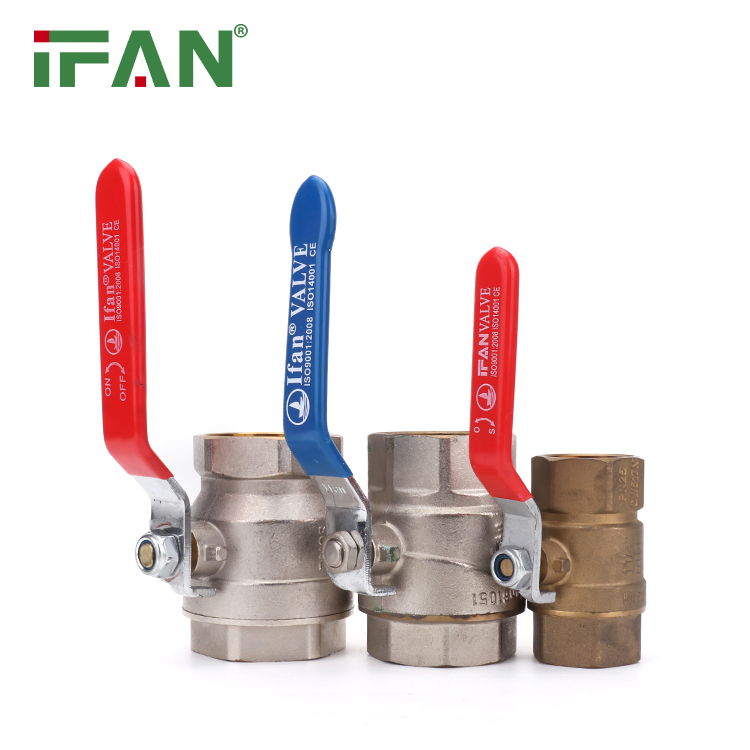
Overall, brass valves are an essential component in many different types of machinery and equipment used in a wide range of industries. From plumbing and HVAC systems to water treatment plants and chemical processing plants, brass valves offer a number of advantages over other materials, including a high level of durability, corrosion resistance, and ease of use. Whether used to control the flow of water, oil, gas, or other fluids, brass valves are an important part of keeping these industries and systems running effectively and efficiently.

